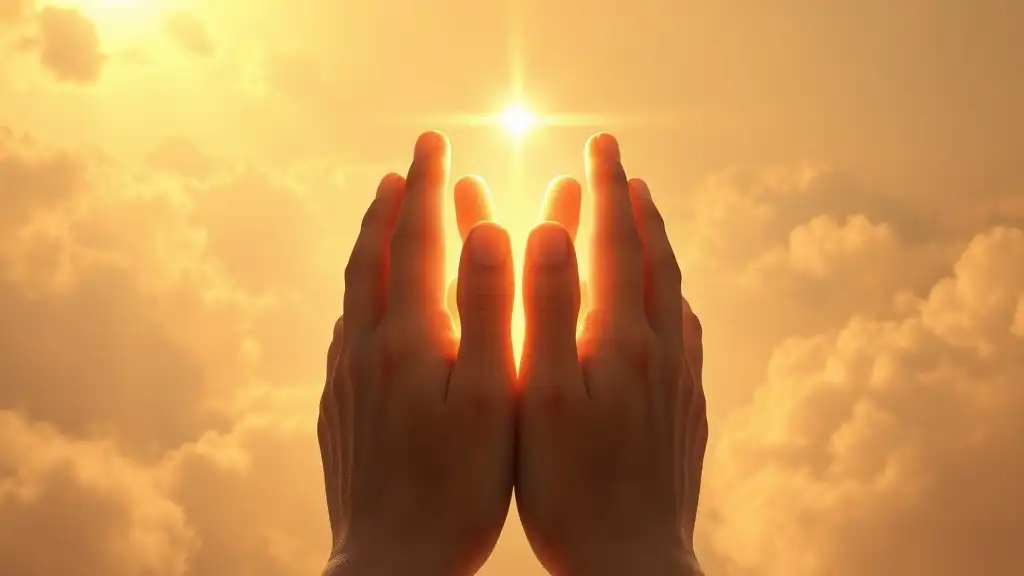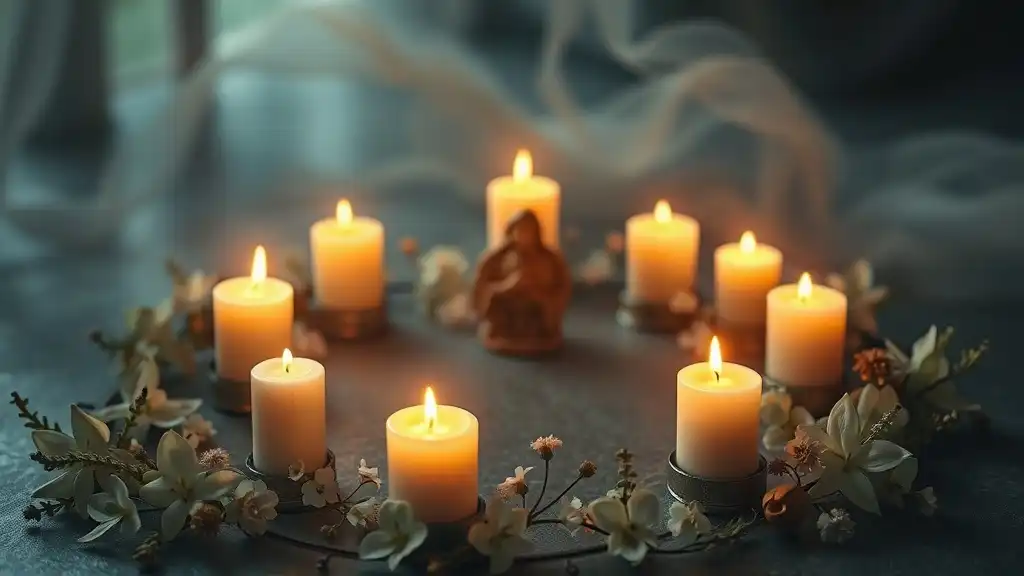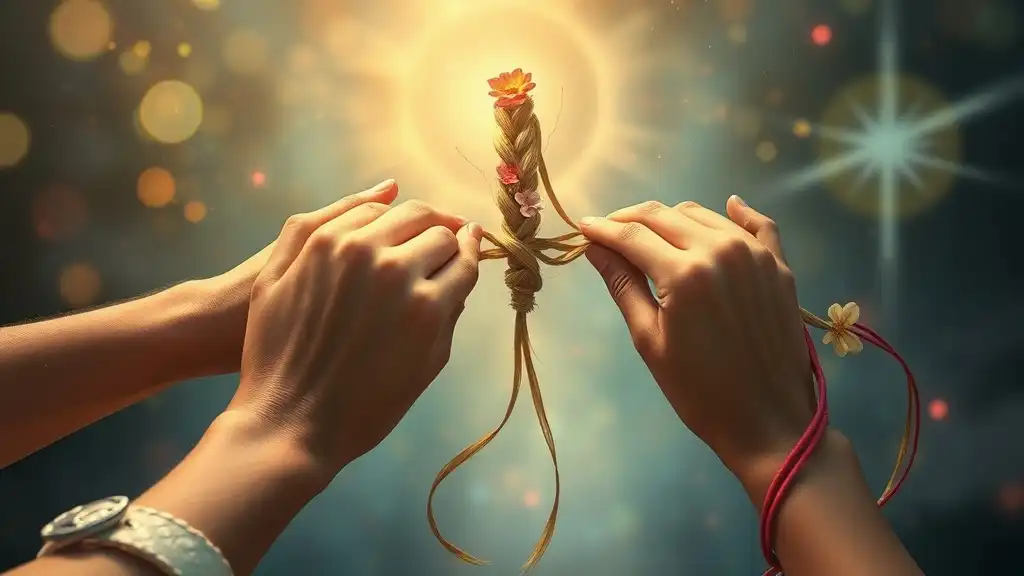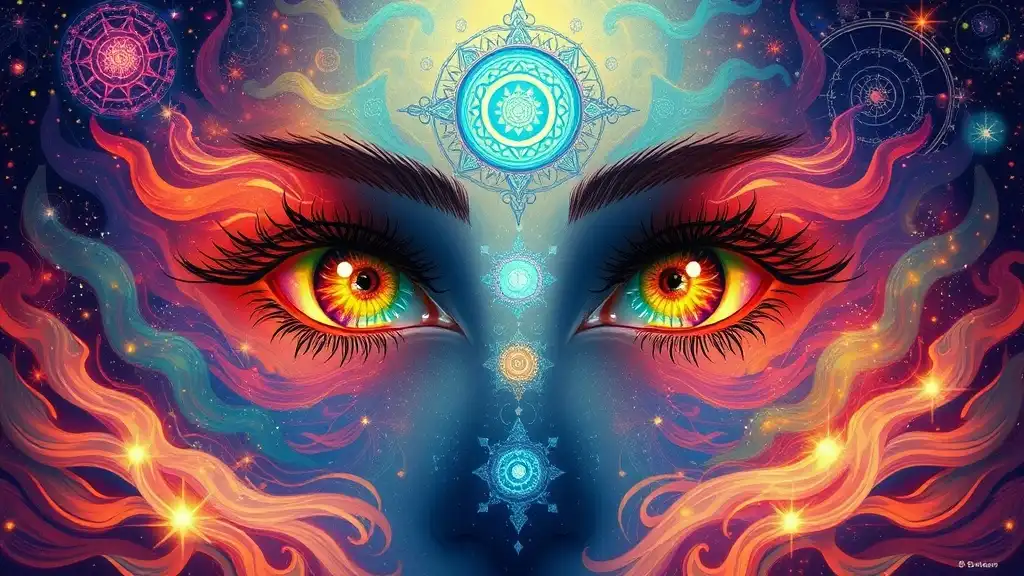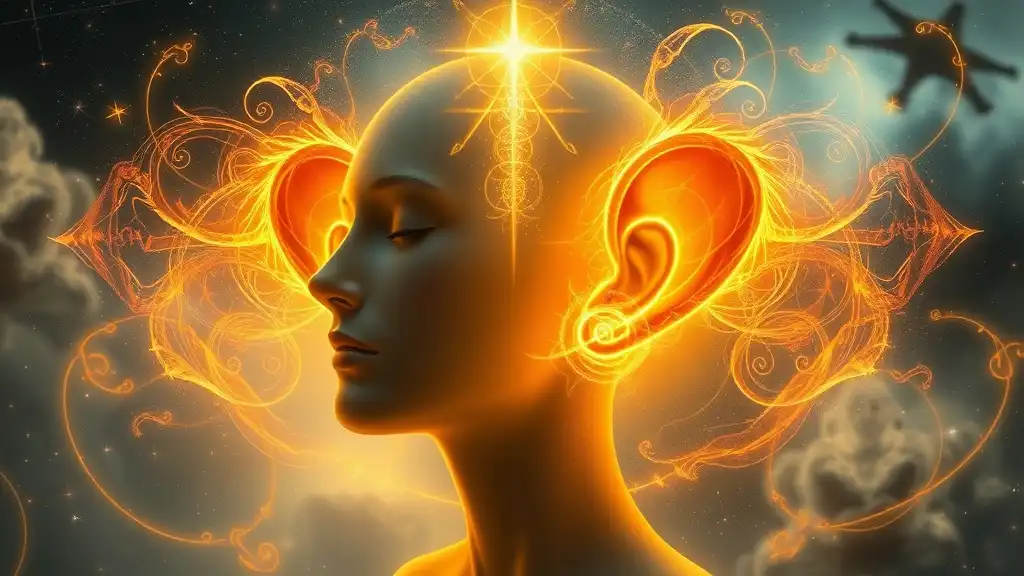The significance of hands in spirituality cannot be overstated. They serve as symbols of creation, connection, and the divine. Among the various gestures attributed to hands, the act of bringing them together in a praying position stands out as a deeply meaningful practice that transcends cultures and time. This article will explore the rich tapestry of the spiritual meaning behind praying hands, examining their symbolism, historical context, and contemporary interpretations.
The Symbolism of Hands in Spirituality
Universal Meanings
Hands have long been seen as powerful tools within the realm of spirituality. They are often used to express emotions, intentions, and the interconnectedness of life itself. In many cultures, hands symbolize the balance between giving and receiving, embodying the essence of human interaction. When hands unite in a prayer position, they symbolize a holistic connection with the universe and a willingness to engage with something greater than oneself.
Specific Interpretations of Praying Hands
Praying hands encapsulate a profound sense of offering, surrender, and acceptance. This gesture often signifies not only a desire for intercession but also the hope for guidance from a higher power. In moments of doubt or despair, the act of bringing one’s hands together can serve as a powerful reminder of faith, resilience, and the inherent beauty of vulnerability.
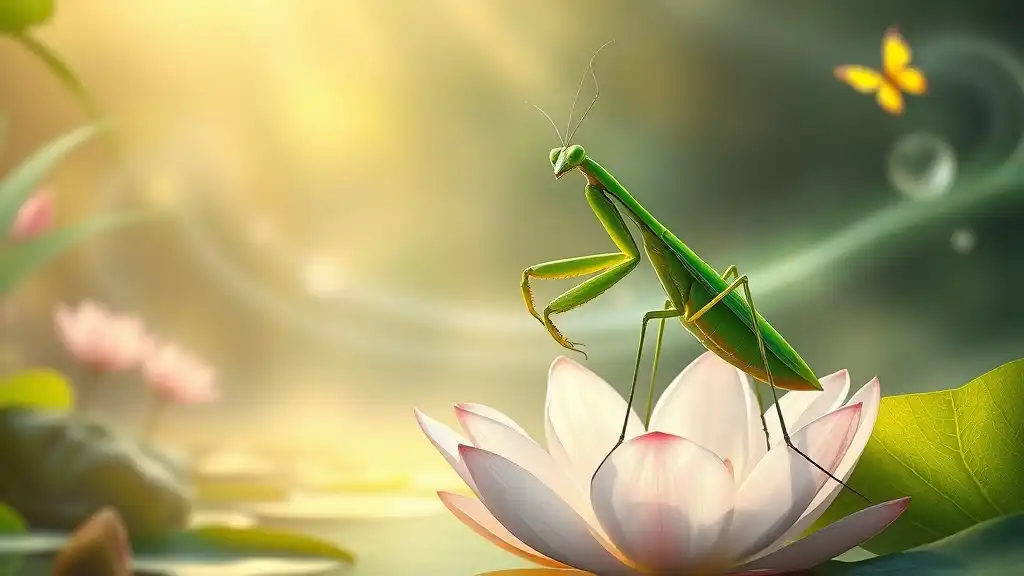
Historical Context of Praying Hands
Cultural Significance
Throughout history, the image of praying hands has found representation across various cultures and religions. From the ancient Egyptians who lifted their arms in supplication to modern Christians who bow their heads in prayer, the gesture remains a significant expression of connection to the divine. The symbolism varies, often depending on the cultural context, yet the underlying message of humility and hope is universally resonant.
The Origin of the Praying Hands Symbol
The motif of praying hands has roots that can be traced back to historical texts and religious artifacts. Famous artworks, such as Albrecht Dürer's renowned 1508 engraving, have popularized this symbol, leaving a lasting mark on religious art and iconography. These representations have contributed to the timeless association of the gesture with sacredness and devotion.

Spiritual Significance of Praying Hands
The Role of Praying Hands in Meditation
Praying hands serve as an essential tool in many meditation practices, acting as a focal point for mindfulness. When incorporated into meditation, this position encourages the individual to cultivate a deep sense of inner peace and reflection. The gesture helps to center thoughts and encourages a connection to the divine, transforming one's energy into a conduit for spiritual growth.
Healing and Protection
Many believe that hands possess unique healing energy, capable of channeling comfort and protection. In various spiritual traditions, the position of praying hands is seen as a gesture that invites healing energy into one’s life. This belief extends beyond mere symbolism, with practitioners often employing the gesture in rituals aimed at achieving physical, emotional, and spiritual healing.

Praying Hands in Different Spiritual Practices
Christianity
In Christianity, praying hands are embedded within the tradition of prayer itself. They often appear in liturgical practices, symbolizing a direct line to God. Biblical references, such as those found in the Gospels, emphasize the importance of prayer and the role of humble supplication, underscoring the power of communal and individual prayer. The act of clasping hands becomes a sacred ritual, an embodiment of faith and divine connection.
Eastern Philosophies
The significance of praying hands is not limited to Western spirituality. In Eastern philosophies, parallels can be drawn with the practice of yoga and the symbolism of mudras. For example, the Anjali Mudra, where palms are pressed together at the heart, symbolizes respect and devotion. Similarly, various forms of Eastern meditation also incorporate gestures that resemble the praying hands position, sharing the core concept of connecting with a higher spiritual reality.

Contemporary Interpretations
Praying Hands in Modern Spirituality
In today's fast-paced world, the praying hands gesture has found its niche in modern spirituality. It serves as a symbol of hope, resilience, and unity in an age where individuals are seeking deeper meaning and connection. The act of bringing hands together can become a ritual in itself, reminding us to pause, reflect, and connect, whether in solitary practice or as part of community gatherings.
Praying Hands in Art and Media
Modern artists and creators have also embraced the praying hands motif, reinterpreting it in new and innovative ways. From film and music to literature, this symbol continues to serve as a powerful expression of faith and hope. The varied representations underscore the enduring relevance of the gesture in a world that is continually evolving while still searching for spiritual grounding.
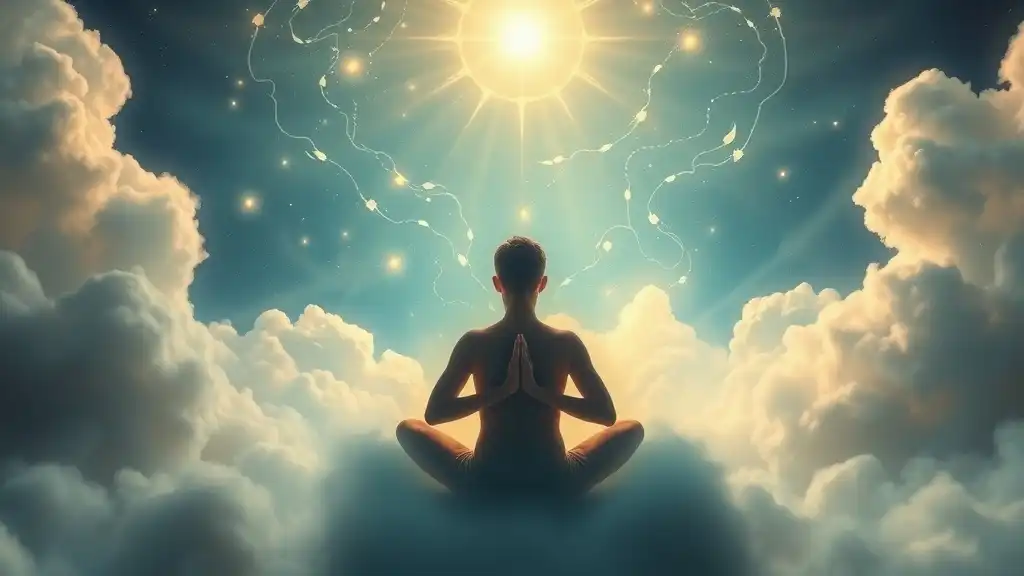
Conclusion
The spiritual meaning of praying hands encompasses much more than a simple gesture; it represents a rich tapestry of connection, faith, and hope across cultures and throughout history. As we navigate through life, integrating the symbolism of praying hands into our daily practices can empower us to deepen our connection to the divine and to one another.

Call to Action
Reflect on your own experiences with praying hands. How has this gesture played a role in your spiritual journey? Consider incorporating the praying hands position into your daily routine—be it for meditation, prayer, or simply as a moment of gratitude. Embrace the opportunity to explore the profound significance behind this timeless symbol, and discover the layers of meaning it may hold for you personally.

